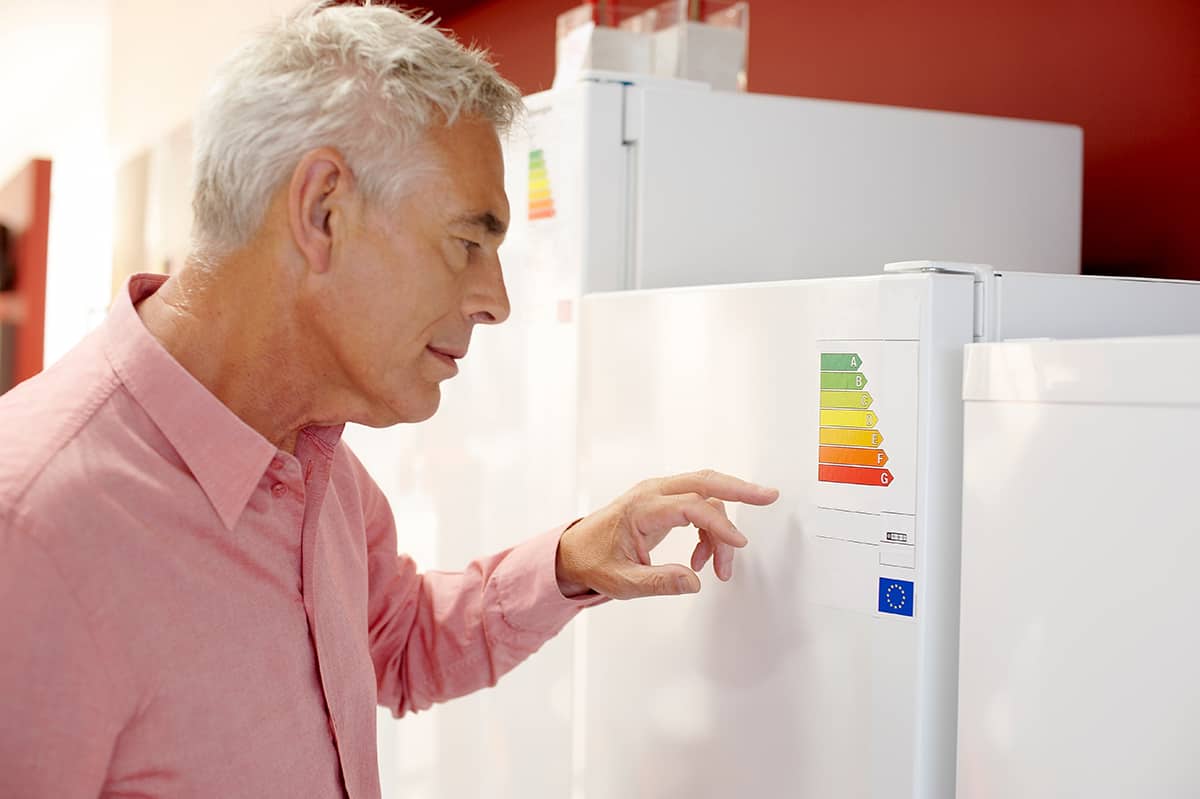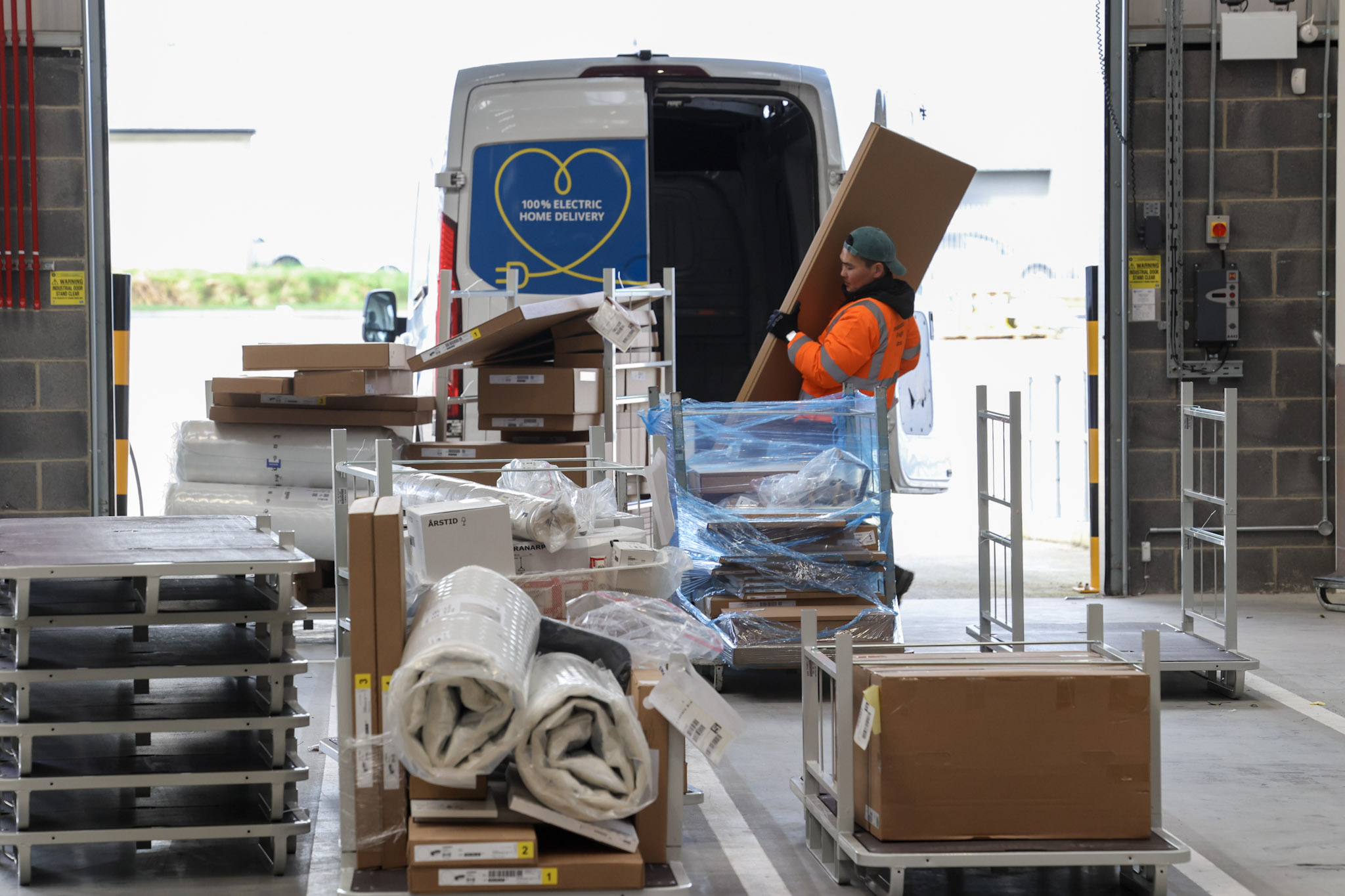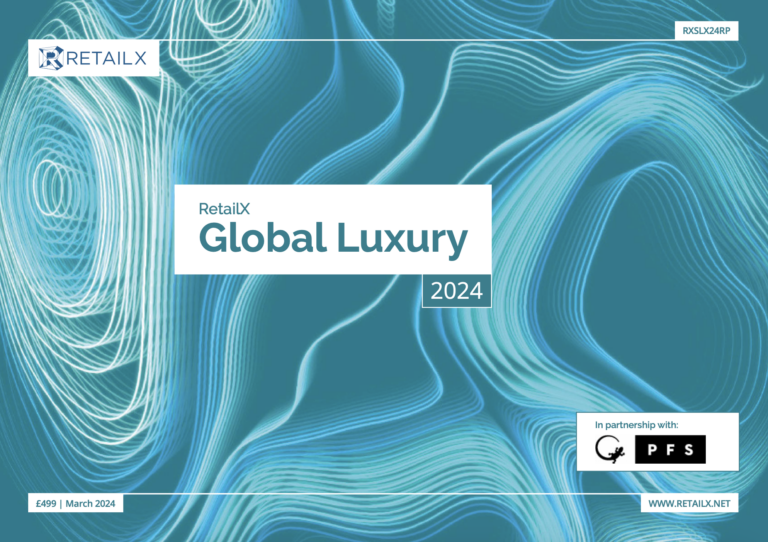With retailers struggling under the weight of high inflation, rising costs and reduced consumer spending, the industry is being warned to look out for steep rises in energy costs from April, as well as the acceleration of the implementation of the Plastic Packaging Tax.
Energy price hike
From April, government support for business struggling with increasing energy costs is to be drastically reduced, and many business – from retailers right through to their suppliers and manufacturers, shippers and warehousers – are going to experience drastic rises in energy costs. This, the industry is being warned, will pile on cost pressures, as well as seeing hefty price rises for goods, which will then be passed on to already hard-pressed consumers.
The upshot could be that sales fall further as consumers – themselves being hit by reduced energy support – will experience another round of cost-of-living strain.
Kevin Pratt, an energy expert at analysts Forbes Advisor explains: News of the reduction in the Ofgem energy cap from April is welcome, even if it remains above the government’s energy price guarantee – which itself is due to rise by 20%, heaping more misery on hard-pressed households.
“But it is worth remembering that the cap and the guarantee are for domestic customers. The situation for commercial energy customers is even worse. They will see a steep reduction in government support from April, with a consequent rise in their bills. As an example, the hospitality sector is bracing itself for bills to increase by more than 80% – and, in many cases, they are already twice what they were this time last year.
“As things stand, cries for help from swathes of the UK business community are going unanswered by the government. Energy bills have become the primary cause for businesses struggling financially, and companies are being forced to either absorb increased costs or pass them on to consumers already struggling with the cost-of-living crisis.
“Unless the government provides the business community with additional support for their crippling energy costs, we run the risk of companies simply shutting up shop.”
With more than half (54%) of business owners looking for ways to reduce their energy bills, Forbes Advisor suggest that all businesses across the retail value chain carry out an energy audit to identify savings, consider switching production from peak times to evenings and weekends and look at switching energy suppliers.
Plastic Packaging Tax
Meanwhile, retailers and their value chain face another potential, albeit smaller, cost through the Plastic Packaging Tax (PPT).
With the one year anniversary of the PPT being introduced in the UK just a month away, HMRC is moving more quickly than expected to begin PPT audits and that we may see the PPT rate rise in the near future.
Andrew Thurston, Customs Duty Consultant at MHA, warns that: “HMRC has moved surprisingly quickly with the PPT and is already carrying out some audit work. This should be a wakeup call to businesses: they don’t have the time to prepare that they might have thought.
“On the other hand, there is no denying that, at this early stage, the PPT is not a big tax. Calculations we’ve carried out suggest a charge of 0.003 pence for a unit for unrecycled plastic. This is clearly not going to be a major consideration and it won’t change behaviour, at least not yet.
“However HMRC are mainly interested in getting the tax up and running at this stage. Once it can observe trends in PPT revenue then the government may consider increasing the tax. The PPT is supposed to increase the use of recyclable plastic but the charge simply isn’t big enough to give business an incentive to switch suppliers so HMRC will probably hike the rate at some point.
“Businesses who import plastic packaged goods are most at risk from a visit from HMRC. Certain goods will be a lightning rod for PPT inspections, especially beverages. Exemptions do exist for packaging for medical products but businesses need to diligently collect the supporting evidence to substantiate these claims.
“We don’t yet know how the PPT will play out for manufacturing businesses. These are reliant on the due diligence of their suppliers. If this is not conducted correctly, manufacturers and buyers could be jointly liable for PPT and apportioning the fine between two businesses will be a controversial exercise to say the least.”










